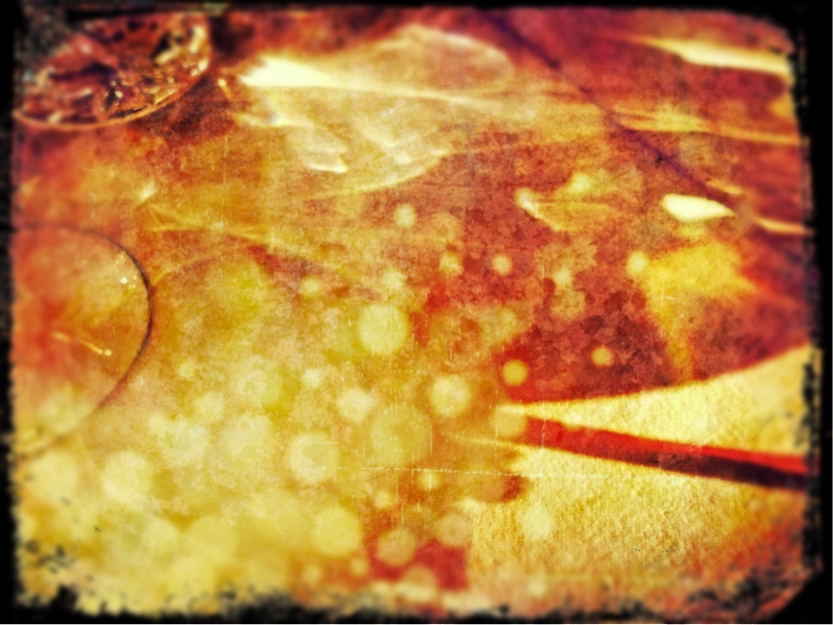
Today we make our turning into the second passage. Yesterday’s journey was quite pleasant, really, as I looked around and saw how many are taking this journey with us. That’s the paradox, isn’t it? It’s a solitary journey that we walk in community, a journey of silence that contains the whispers and singing of others, a joyful anticipation and a recognition of deep grief and pain. Can we hold both sides of the story, center ourselves within the paradox? Sure, we can. Labyrinths are funny that way. They’re disorienting and confusing, and you can never really know where you are, and yet—unlike the fragmented turnings of a maze—the pathway is a single twisting line. All we have to do is to follow the next twist ahead.
Dr. Clarissa Pinkola Estes reminds us that we were made for these times, echoing Mordecai, the loving uncle in the ancient story, telling his niece Esther the Queen: “Perhaps you were brought here for just such a time as this.” Esther risked her own life to save her people from a capricious and arrogant ruler. As we journey today, let’s ask ourselves: What are we willing to risk in these times? What will we put on the line?
Simply walking into this labyrinth is a risk. We do not know what is around the next bend, what monsters lurk deep and unrecognized within the shadows of our psyches. But walking together, holding our lights high, whispering to each, “I’m here; don’t be afraid,” we can find our way through.
Yesterday, we thought about those burdens in our packs. I have one that I don’t know how to carry, and it asks that question about what I am willing to risk. I’ll put my pack down a moment here and take it out. Open it up. See, all that rage and grief and uncertainty swirling around in there? I want to be one of the ones who stands in the gap here when my country still has not returned the children to their parents, when no one seems to know what to do to make that happen. I want to speak out, to speak truth. But I don’t know how, exactly. So it all just swirls around in there, taking up space and making my pack so heavy.
Take a moment to explore one of the burdens in your own pack, one that you don’t know quite what to do with. Write about it in your journal, or tell a friend about it. Write a song or poem, or paint a painting. I still don’t know exactly how I am going to resolve mine, but it feels lighter now. Maybe this December journey will shed some light for me. For you, too.
Envisioning Peace:
Yesterday in church, Michelle asked us to hold Isaiah’s vision of a world in which the response is peace and understanding rather than violence, ploughshares rather than swords. She asked us to consider situations in which people chose the peaceful path. During Advent, I’m going to look for stories and ideas that hold this vision.
For today’s story, I hold in my mind the vision of Queen Esther taking the risk onto herself, speaking her truth, and averting the genocide of her people. I think that one of the ways in which people step into the ploughshares vision is to choose a third path. Instead of simply capitulating to the injustice or taking up arms to fight it, this path does resist and stand up to the oppression, but with truth instead of weapons.
I think this is just what our times are calling for. How can we envision this third response?